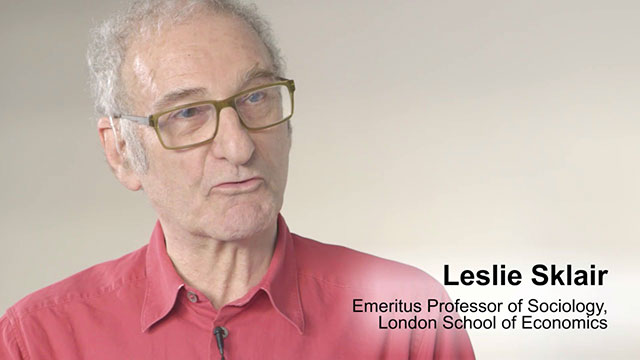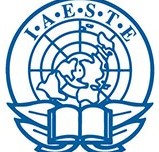![]()
Knjiga ”Legendarni projekat” – Arhitektura, gradovi i kapitalistička globalizacija – prof. Lezli Skleir (Leslie Sklair)
Odeljenje za sociologiju Filozofskog fakulteta u Beogradu sa zadovoljstvom vas poziva da prisustvujete predavanju i učestvujete u razgovoru sa profesorom Lezli Skler-om (Leslie Sklair), povodom njegove nove knjige: ”Legendarni projekat – Arhitektura, gradovi i kapitalistička globalizacija” u petak 28.04.2017. godine u 12.00 časova, sala 108 na I spratu Filozofskog fakulteta.
Predavanje i razgovor će se odvijati na engleskom jeziku.
Dobrodošli!

Bio
Leslie Sklair is Professor Emeritus in Sociology at LSE (London School of Economics and Political Science). He received his PhD from LSE, and his thesis, Sociology of Progress, was published by Routledge in 1970 and was then translated into German. In 1973 he published Organized Knowledge: Sociological View of Science and Technology (which was translated into Spanish). In the 1980s he carried out field research on the developmental impacts of foreign investment in Ireland, Egypt and (more intensively) China and Mexico. He published Assembling for Development: the Maquila Industry in Mexico and the United States in 1989, with a second updated edition in 1993. These works provided the material basis for Sociology of the Global System (published 1991, second updated edition in 1995, translated into Portuguese, Spanish, Japanese, Persian and Korean). A third edition completely revised and updated, of this book, Globalization: capitalism and its alternatives, was published by OUP in 2002, and Portuguese, Arabic and Chinese translations are forthcoming. His book The Transnational Capitalist Class (2001) is now in Chinese.
Opširnije o profesoru možete pročitati ovde.
O knjizi
Legendarni projekat
Arhitektura, gradovi i kapitalistička globalizacija
Lezli Skler
Originalni naslov:
The Icon Project
Architecture, Cities, and Capitalist Globalization
Leslie Sklair
Pregled
Lezli Skler
• tvrdi da skoro ekskluzivan fokus medija na legendarnu arhitekturu (“iconic architecture”) i arhitekte-zvezde (“starchitects”) predstavlja obmanjujući uvid u samu industriju;
• spekuliše da je ta legendarna arhitektura, na nivou grada, nacije i globalno, deo ideologije i kulturne strategije;
• poziva se na seriju formalnih intervjua sa arhitektama iz prakse i ljudima koji rade na i oko arhitekture, iz celoga sveta;
• predstavlja prvi pokušaj empirijskog uspostavljanja strukture arhitektonske industije, širom sveta u 21. veku, koristeći izvore podataka iz same industrije.
Description
In the last quarter century, a new form of iconic architecture has appeared throughout the world’s major cities. Typically designed by globe-trotting “starchitects” or by a few large transnational architectural firms, these projects are almost always funded by the private sector in the service of private interests. Whereas in the past monumental architecture often had a strong public component, the urban ziggurats of today are emblems and conduits of capitalist globalization.
In The Icon Project, Leslie Sklair focuses on ways in which capitalist globalization is produced and represented all over the world, especially in globalizing cities. Sklair traces how the iconic buildings of our era — elaborate shopping malls, spectacular museums, and vast urban megaprojects — constitute the triumphal “Icon Project” of contemporary global capitalism, promoting increasing inequality and hyperconsumerism. Two of the most significant strains of iconic architecture — unique icons recognized as works of art, designed by the likes of Gehry, Foster, Koolhaas, and Hadid, as well as successful, derivative icons that copy elements of the starchitects’ work — speak to the centrality of hyperconsumerism within contemporary capitalism. Along with explaining how the architecture industry organizes the social production and marketing of iconic structures, he also shows how corporations increasingly dominate the built environment and promote the trend towards globalizing, consumerist cities. The Icon Project, Sklair argues, is a weapon in the struggle to solidify capitalist hegemony as well as reinforce transnational capitalist control of where we live, what we consume, and how we think.







